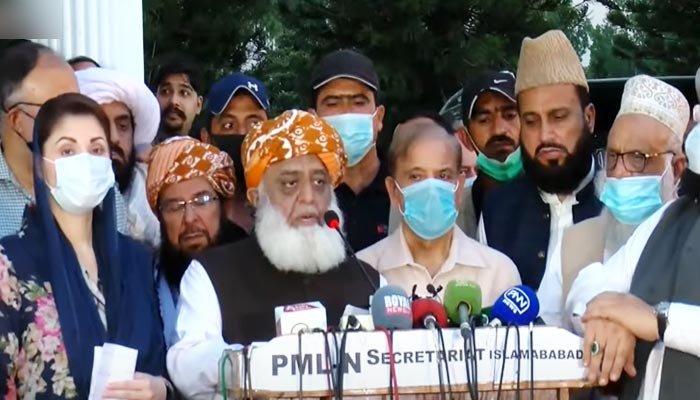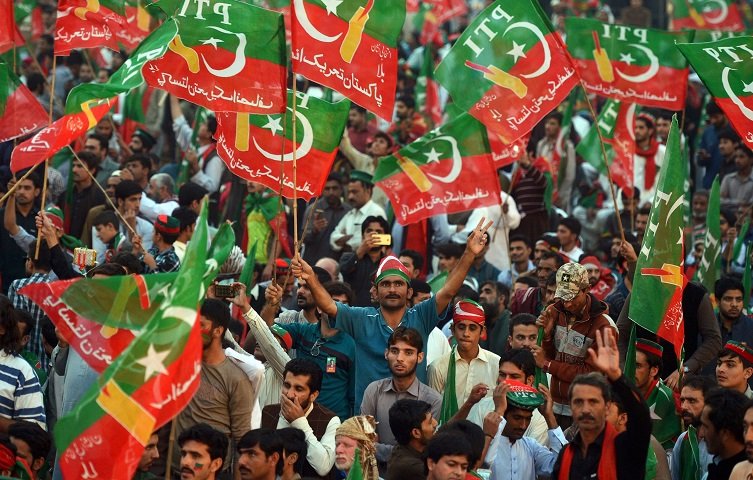Elections
ISLAMABAD: In an unprecedented turn of events, Pakistan finds itself trapped in a vortex of political tumult as the nation’s leadership grapples with the contentious proposition of delaying its imminent general elections. The deliberation on this grave matter has stirred vigorous debates within the corridors of power, igniting a fierce discourse that portends far-reaching implications for the nation’s democratic fabric.
The pivotal question at the forefront of Pakistan’s political discourse pertains to the feasibility and legitimacy of postponing the forthcoming democratic elections—a question that carries profound implications for the nation’s democratic principles. At its core, this quandary hinges upon a fundamental tension between the exigencies of the present and the enduring principles that underpin Pakistan’s political landscape.
To evaluate the potential postponement as either a justifiable recourse or an insult to foundational political tenets requires a nuanced examination of multiple dimensions. Advocates for delay contend that the prevailing climate of political instability, characterized by fractious disputes, allegations of corruption, and divisive controversies, jeopardizes the possibility of conducting elections that adhere to democratic norms. They argue that deferring the electoral process temporarily can serve as a safeguard, preserving the integrity of the nation’s democratic architecture.

On the other hand, opponents of postponement emphasize the sanctity of holding periodic, timely elections as a cornerstone of democratic governance. They posit that any deviation from established electoral timelines may set a precedent that undermines the very essence of democratic ideals, potentially eroding public trust in the political system.
In this intricate deliberation, the nation grapples with the delicate balance between safeguarding democratic integrity and upholding the sanctity of constitutional processes, making it imperative for Pakistan’s leadership to tread judiciously in navigating this complex terrain. Ultimately, the decision will resonate not only within the nation’s borders but also throughout the international community, exemplifying the intricate interplay between political pragmatism and democratic principles on a global stage.
This precipitous quandary has its genesis in a complex concatenation of factors catalyzed by the political instability and discord that has permeated the nation’s polity in recent months. As competing political factions engage in protracted wrangling, allegations of corruption, and controversies, the prospect of holding free and fair elections under such a cloud of discord has become increasingly nebulous.
The necessity for electoral integrity and transparency, enshrined within the fundamental democratic doctrine, commands unwavering attention. In light of this, proponents of election postponement argue that the current atmosphere is unconducive to the moral conduct of an election cycle, maintaining that a delay is a sine qua non for safeguarding the democratic sanctity of Pakistan’s electoral process.
However, detractors vehemently disagree, contending that any such deferment would trample upon the very bedrock of democratic governance, potentially setting a dangerous precedent. The sanctity of periodic, timely elections, they argue, is paramount in upholding democratic norms, irrespective of the turbulent political landscape.
Furthermore, international observers and diplomatic voices have chimed in on the debate, urging Pakistan’s leadership to tread cautiously, emphasizing the indispensable nature of democratic continuity and adherence to constitutional timelines.
The proposed delay, should it come to pass, would necessitate rigorous constitutional amendments, an intricate process fraught with its own set of political hurdles and intricacies. Such alterations to the nation’s supreme legal document necessitate unassailable consensus and meticulous constitutional rigor.
The dilemma confronting Pakistan today, whether to delay its forthcoming general elections, is a microcosm of the broader debates pertaining to democracy and governance. The nation stands at a crossroads, where principles of democratic integrity intersect with the difficulties of a turbulent political landscape.
As Pakistan’s leadership weighs the pros and cons, the watchful eyes of the international community, as well as its citizens, are poised in anticipation. The decisions made in the coming days will indelibly shape the nation’s democratic destiny, echoing far beyond its borders.
This contentious juncture is but a chapter in Pakistan’s ongoing narrative—a narrative that underscores the imperative of nurturing a democratic ethos, even in the face of fierce political storms.










